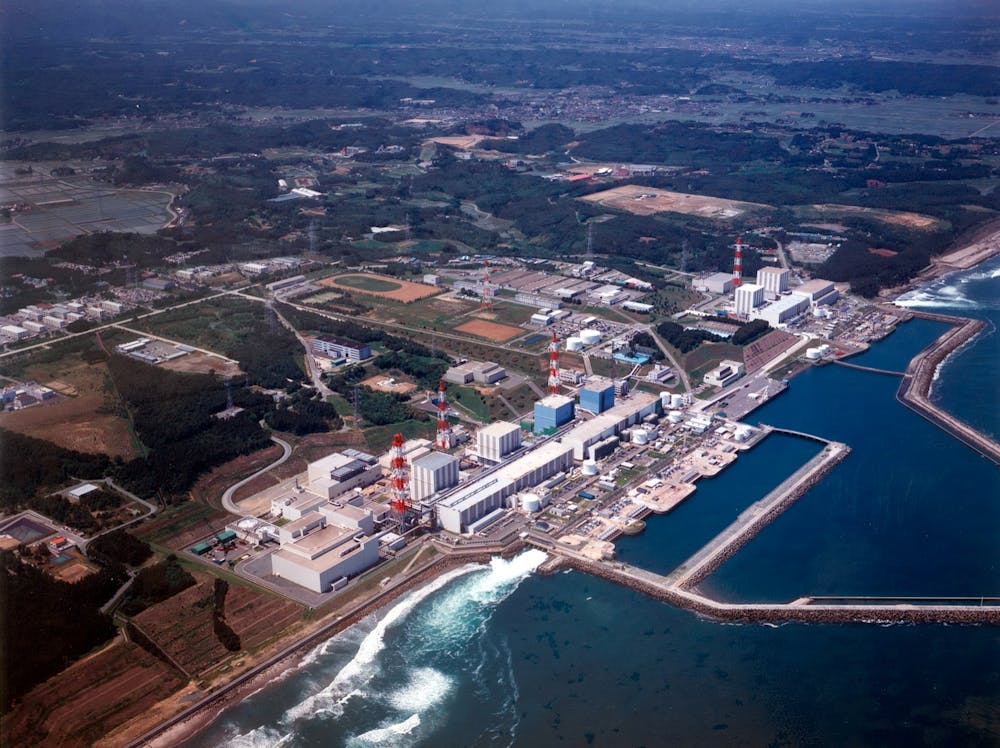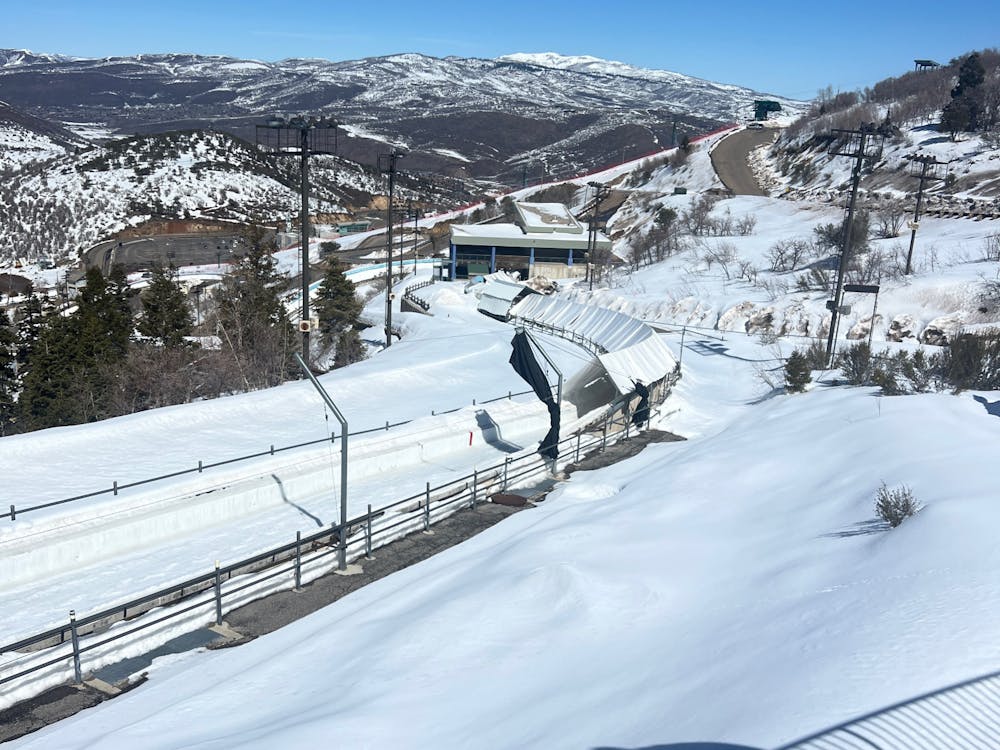The 10th anniversary of the Fukushima Daiichi accident, when an unexpected earthquake generated a tsunami that destroyed the nuclear power plant’s backup generators, fell on March 11. The loss of power and consequent failure of the cooling system resulted in the elevation of residual heat. In an attempt to cool things down, seawater was continuously pumped to the reactor, but ultimately the core still partially melted down. Since then, the disposal of this radioactive seawater has presented a challenge.
On April 13, Japan announced its decision to release the Daiichi wastewater into the Pacific Ocean. The biggest driver for this decision was that the plant’s operator, Tokyo Electric Power Company, would run out of storage by fall of 2022.
According to Prime Minister Yoshihide Suga, release into the sea was unavoidable in order to achieve Fukushima’s recovery.
As a college student with decent course experience in both environmental science and public health, Fukushima’s decision to release potentially radioactive wastewater into the Pacific Ocean brings me intense feelings of anxiety and fear.
Nuclear power remains a barely understood subject given that scientific experimentation, especially any involving human trials, is limited by ethics. Furthermore, there is inconsistency in how nuclear exposure affects individuals, largely depending on the length and methods of exposure. Some people may die seconds after exposure, while others may only experience effects (like cancer) decades later.
Given these stakes, there is always and will always be controversy regarding the proper disposal of nuclear waste. A popular proposed method includes burying waste deep underground in metal-lined containers.
But the technique is by no means perfect. What metals can 100% withstand radioactive waste? Could an oversight result in seepage ultimately contaminating groundwater? What could be the long-term implications on the local ecosystem? How many miles away must residents relocate to avoid the epicenter of burial? With so many questions unanswered, the risk of such containment is high.
Considering this, I understand Japan’s difficult position and why the Pacific Ocean may seem like its only option. As an island nation with limited resources, Japan may not even consider burying the Daiichi nuclear waste, seeing as land and metals are too valuable to squander on constructing a containment site.
Nevertheless, understanding their motivation doesn’t mean I support their decision. Tritium, a radionuclide in nuclear wastewater, is generally assumed to be non-detrimental in the short term. However, the effect on the marine ecosystem from low-dose exposure over the long term is unknown because of its long half-life of 12 years.
Oceanic circulations will transport these radioactive chemicals globally. With the large volume of water involved and variability propagated from oceanic currents, it is uncertain exactly how long it will take before the radionuclides reach every single coast.
While I’m not sure about the specific devastation that treated nuclear wastewater can have on the environment and on communities, I am sure that it will exacerbate many of the world’s existing issues.
The first is environmental equity. If uncontaminated water were to become a scarce commodity or non-communicable diseases were to start erupting in coastal cities, the current gap between those with money, power and access and those without will further widen. Years of exposure would culminate into a public health crisis that poorer communities lack the resources to resolve. The world would be intrinsically unjust if consuming uncontaminated water and seafood becomes a privilege reserved for a minority group of elite.
Japan’s decision is supported by privileged nations like the U.S., while poorer nations along the African coasts are left to suffer if things go wrong. Among global reactions, the only countries that dared to oppose the release of Fukushima nuclear water were South Korea and China. The remaining countries are ,ther unaware of the issue, not compassionate enough to take a stance or not powerful enough to enact change. It’s the classical dilemma of debilitating environmental inequities in the face of climate change, only more intense, more insidious and more ignoble.
Another ugly facet is how politics meddle in a discussion supposedly dominated by evidence and science. It is surprising that the American mainstream media, which should realize its great power comes with even greater responsibility, barely covered this important news story, though it is covering other environmental issues. Time argued that Chinese people should eat less meat, and CNN reported that the growing popularity of Bitcoin has worsened climate change.
The hypocrisy became more apparent when the International Atomic Energy Agency approved Japan’s decision to ocean-dump despite the abundant uncertainties involved. There are hierarchies of urgency when it comes to environmental issues. In my opinion, the elimination of improper nuclear waste disposal is unarguably the first priority, consolidating the health and wellness of generations to come.
The insincere journalism, reckless hypocrisy and biased priority-picking by the privileged exemplify the tragic nature of policy setting today: Those making the call or supporting a policy are not the greatest bearers of the potential negative consequences. Rather, the burden falls on countries with insufficient public health resources to respond to potential crises.
It is the local fisheries that have to suffer the infamous reputation and financial deadlock; it is the Japanese people who know all too well the devastation of nuclear radiation but have no power to stop their government from imposing similar miseries on other countries. This is the tragedy of Fukushima and every other environmental issue in which the powerless remain powerless.
Shizheng “JJ” Tie is a senior from Luoyang, China studying Environmental Engineering. She is a senior class senator in the Student Government Association.





